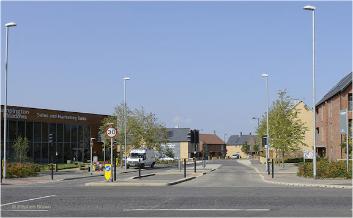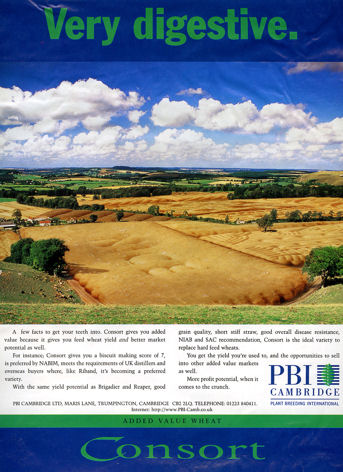Dr Stephen Brown
November 2015
Stephen Brown gave a presentation about the origin of three of the street names in the Trumpington Meadows development (Piper Road, Otter Close and Consort Avenue) at the Local History Group meeting on 12 November 2015. These streets are named after crops which were developed on site when the land was part of the Plant Breeding Institute (PBI) and Plant Breeding International Cambridge (PBIC).
There is a separate page with information about the derivation of street names .
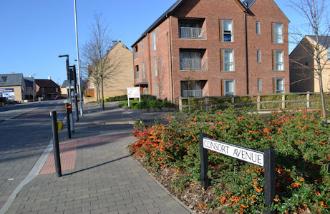
Stephen Brown began his talk by explaining that the Trumpington Meadows development is on the site of the Plant Breeding Institute (PBI), which he discussed in more detail in a talk in 2009. The farmland was acquired in 1950, and the main office building was built in 1954 and formally opened in 1955. The PBI had just over 400 acres here and hired land elsewhere. Under its director, Dr G.D.H. Bell, it developed rapidly with a number of important crops and was exporting seed world-wide. By 1984, it had nearly 400 staff. Up to 1976, the ‘Maris’ prefix was used for binomial crop names (derived from the nearby Maris Lane ). Following a directive from the then European Union, the prefix ‘Maris’ could not be used and subsequent varieties had a single name. The applied plant breeding programmes were sold to Unilever in 1987, trading as Plant Breeding International Cambridge (PBIC), and then to Monsanto, before eventually being earmarked for housing development. Most of the basic research was transferred to the John Innes Foundation.
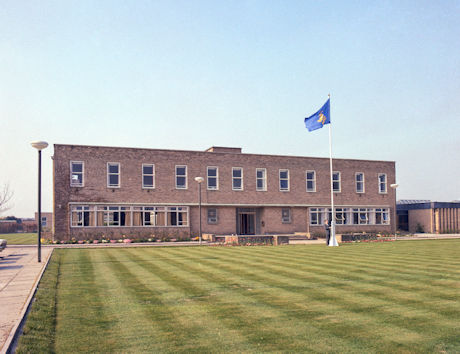
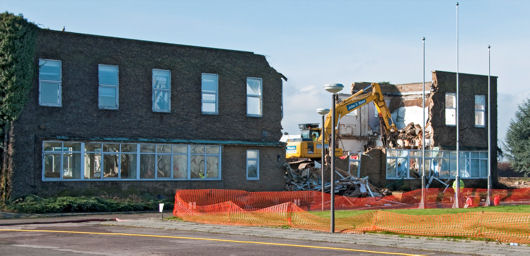
At this point, Stephen and others worked together to proposed a number of names as potential street names for the Trumpington Meadows development, including names based on the former field names and the crops produced at the site. These suggestions were endorsed by the City Council and the District Council and have subsequently been used as street names by the developers and councils.
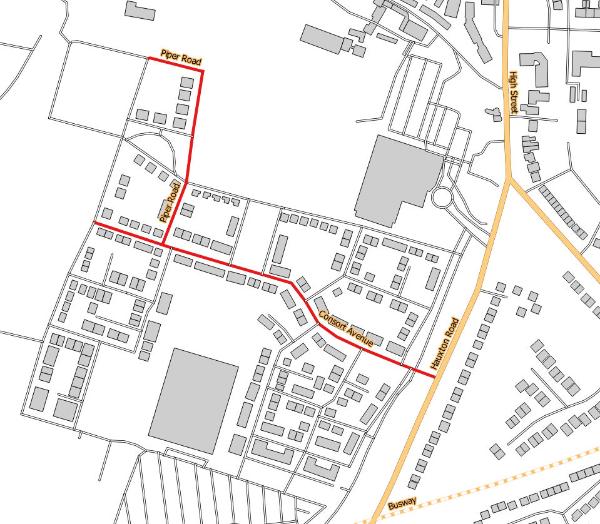
Piper Road is one of the longer roads within the development, running from Consort Avenue at the northernmost end of the development, forming an inverted V with One Tree Road. The road was constructed from 2014, with homes occupied from autumn 2014. Stephen said that the Maris Piper potato was bred to be resistant to soil-born nematodes.
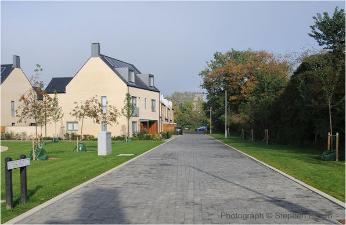
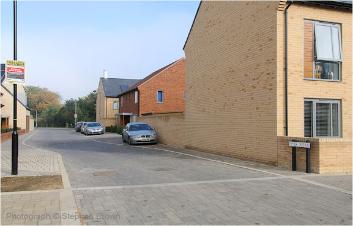
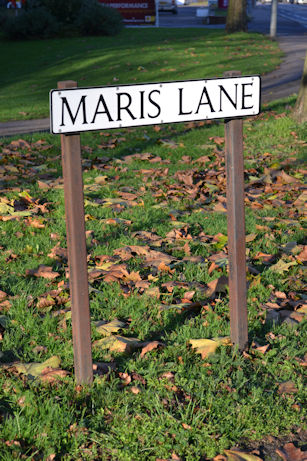
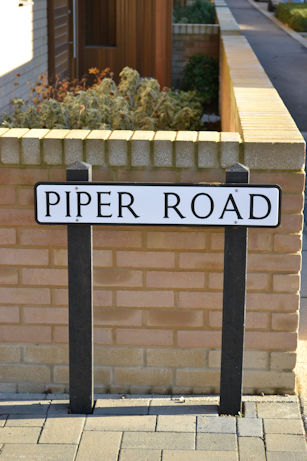
Otter Close is on the western edge of the development, constructed from 2015. Stephen said that the name was derived from Maris Otter, a winter variety of malting barley, now used mainly be artisan brewers. 2015 marked the 50th harvest of the variety.
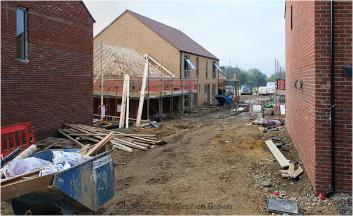
Consort Avenue is the main spine road in the northern part of the development, going from Hauxton Road to the west. It was constructed from 2012, with homes occupied from 2013. Stephen said that Consort wheat was developed by PBI and PBIC, and became a preferred export wheat to Mediterranean countries after it was introduced in 1992, including being used in Italian pizza. It is a soft milling wheat which has had an unusually long period of use in the UK and is still grown for the Scottish distilling industry and for use by Jordans and Allisons.
